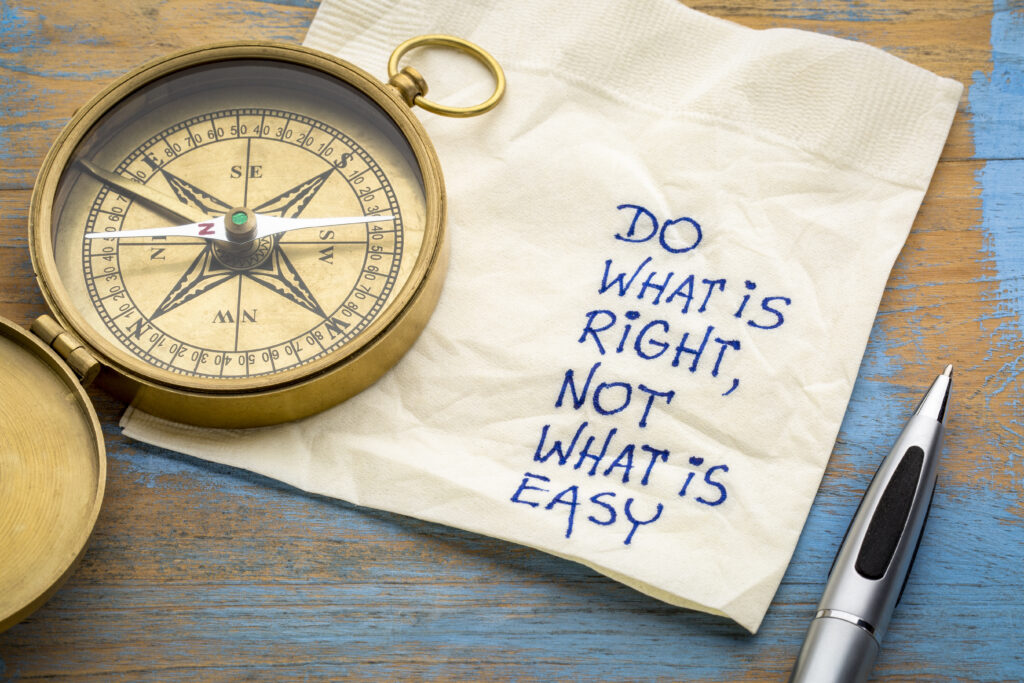Tools for Reversing Alcohol Use Disorder Effects on Family

Seeing someone you love struggle with alcohol use disorder is heartbreaking. It’s no wonder you and so many others are searching for ways that you can make a difference. You’re in luck, because when you put in the time to show support and continue to take care of yourself, there’s a good chance there will be positive results.
What are alcohol use disorder effects on family and friends?
Alcohol use disorder, like any addiction can damage bonds and devastate families and friendships. There are plenty of unique ways that this plays out, and each individual person will be affected in his or her own way.
One of the first ways that families will be impacted by alcoholism is by the shift in mood of the user. When someone consumes alcohol frequently, withdrawal symptoms start to occur, causing irritability, physical discomfort and agitation.
Alcohol abuse often leads to financial difficulty, too, which can cause a rift in marriages. Addiction can be the reason behind job loss, overspending, risky financial decisions and expensive medical bills.
Problem drinking can add stress to a household as fights become common. When someone increasingly struggles with alcohol dependence, it’s typical for a spouse or significant other to intervene and take measures to decrease the drinking behavior causing frequent tension.
One of the reasons that family fights occur when someone is facing an alcohol use disorder is because of the impact this behavior has on children. Alcohol abuse may lead someone to neglect parenting duties, set a poor example for his or her children and create an unsafe environment for minors.
Can I actually make an impact in my loved one’s recovery?
You know better than anyone the damage an alcohol addiction can do to a family unit. You may be uncertain, though, what you can do to help and whether it will actually make a difference.
The truth is that you can have a real impact on your loved one’s recovery. The time and energy you put into caring for your friend or family member will be of incalculable value for recovery in the long-term.
A study in the American Journal of Drug and Alcohol Abuse found that individuals with social support who received treatment had better outcomes than those who reported poor support. This was true regardless of prior treatment success and emphasized the need for reassurance of worth.
Knowing that you can have an impact on your loved one’s recovery leads many people to wonder if their actions are powerful enough to cause an addiction if they have enough weight to decrease an addiction.
It’s important for you to understand that the first time a person abuses alcohol is always a personal choice. While the addictive nature of alcohol makes your friend or family member less culpable for continued use, there’s no reason to blame yourself for their struggles.
What are ways I can help someone with alcohol use disorder?
The best thing you can do to help someone with alcohol use disorder is show your support for treatment and encouragement in recovery. Here are the top concrete tips for doing just that.
1. Do your homework
Even before you have a conversation with your loved one about alcohol addiction, it’s important to know some background on the disease and it’s symptoms. Being able to identify specific ways alcohol abuse has impacted your family can help encourage someone to start professional treatment.
2. Start the conversation
Talking about alcohol addiction is a sticky subject, especially if it’s gone under the radar before or it normally ends in a fight. Setting the discomfort aside and having an honest (yet gentle) chat about what behaviors you’ve noticed and the worries you have can work wonders.
3. Recommend professional treatment
The most effective tool for achieving sobriety is professional treatment at a rehab center or through outpatient programs. Depending on the severity of your loved one’s alcohol use disorder, a particular program will be most appropriate. You can figure out the best form of care when you call a rehab center.
4. Pause and listen
The first three tools to help a loved one overcome alcohol use disorder are more action-oriented. This stage is more passive, as you’ll be focusing your energy on being present. Ask guiding questions and express your intent to understand, not to judge. Then, settle in to listen.
5. Be a companion in the early stages
When your loved one is ready to commit to treatment (it may take some time), your job is to be a constant encouragement. Success in early recovery comes slowly and painfully, so celebrating this little victory can offer much-needed motivation.
6. Be persistent
While the first conversation you have about alcohol use disorder can have a massive impact, don’t be caught off-guard if your suggestions don’t stick the first time. Consistent support is key when it comes to alcohol addiction recovery. Check in with your loved one once a week (or more, depending on how close you are).
7. Engage in healthy behavior yourself
When it comes to promoting life-long health for your loved one, you can’t talk the talk without walking the walk. Being proactive regarding your own wellbeing is essential— both to keep yourself fueled and to model compassion for your own body and mind. Set the tone and do wholesome activities together.
Don’t make reversing the effects of alcohol use disorder harder than it has to be by trying to do it all yourself. Get your loved one connected to treatment with Pyramid Healthcare. You’ll rest easy knowing they’re in good hands.
Get in touch now or refer a family member.



